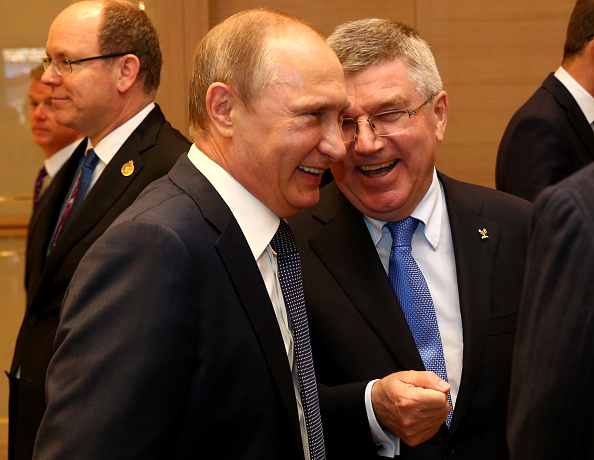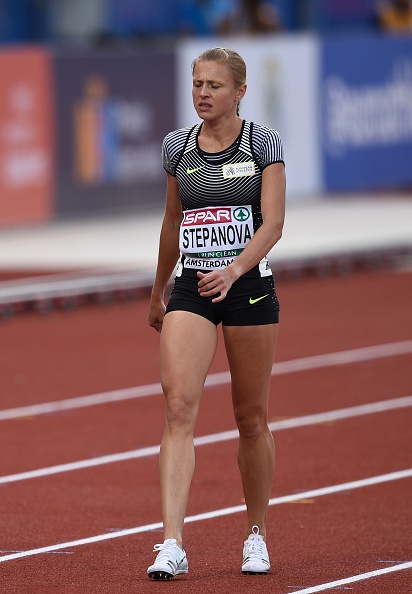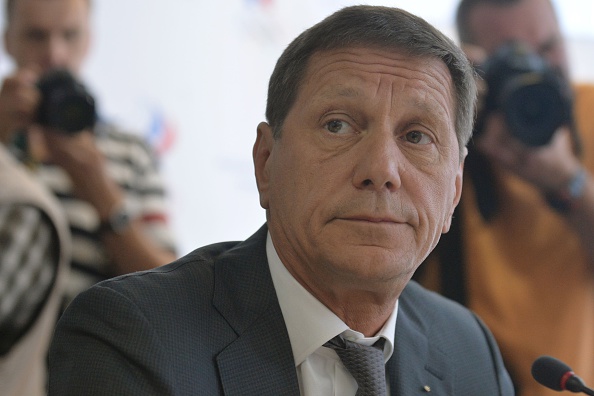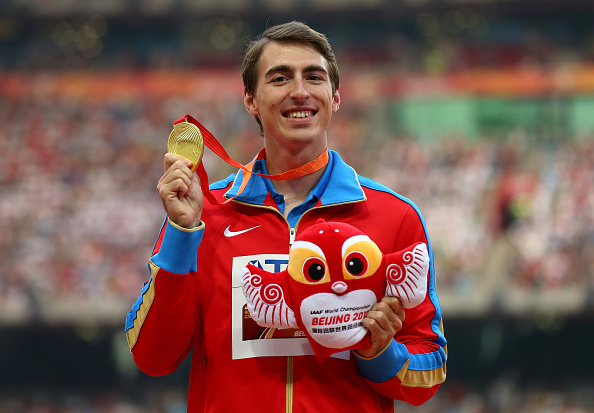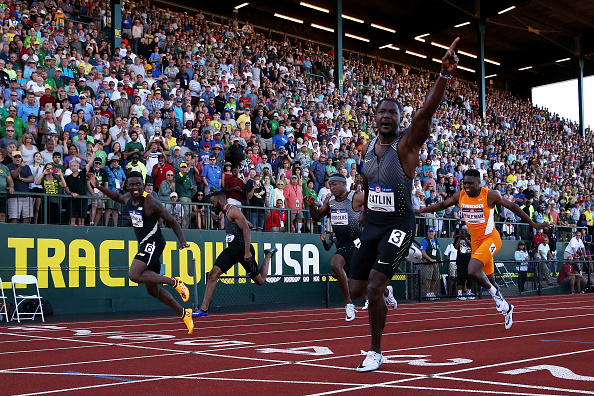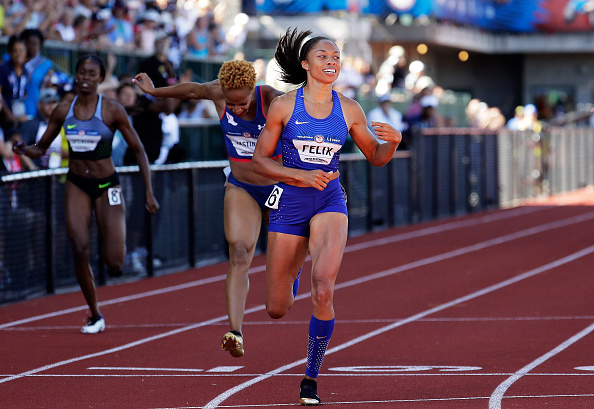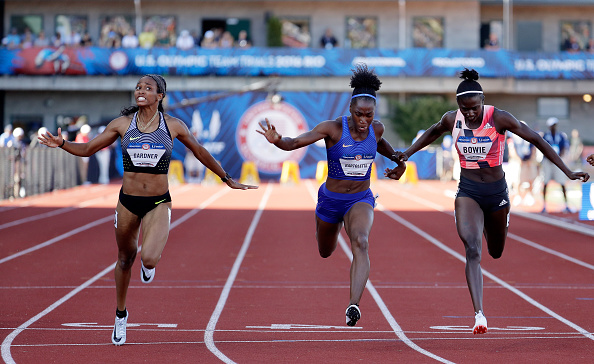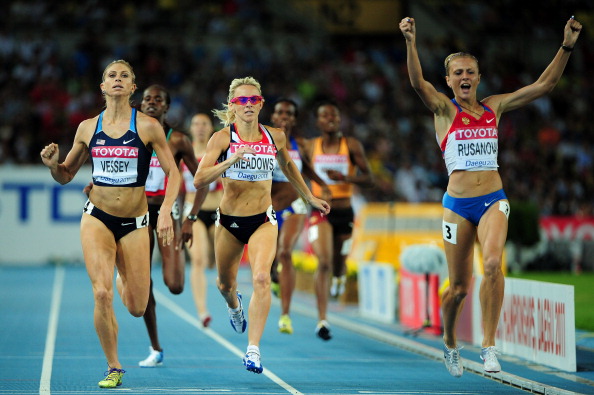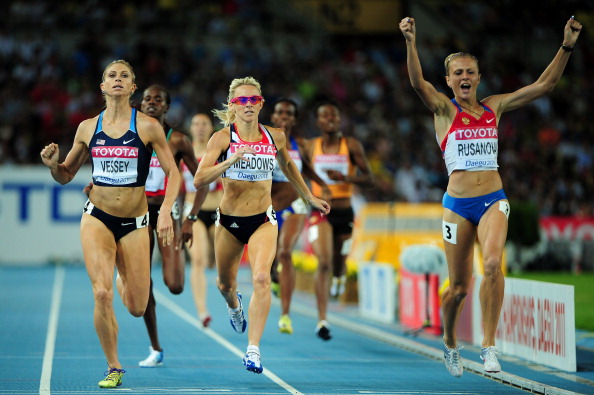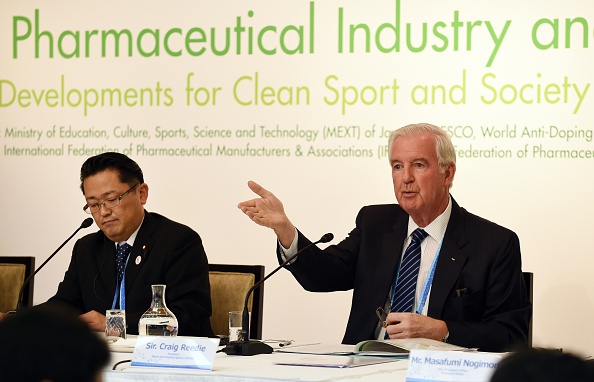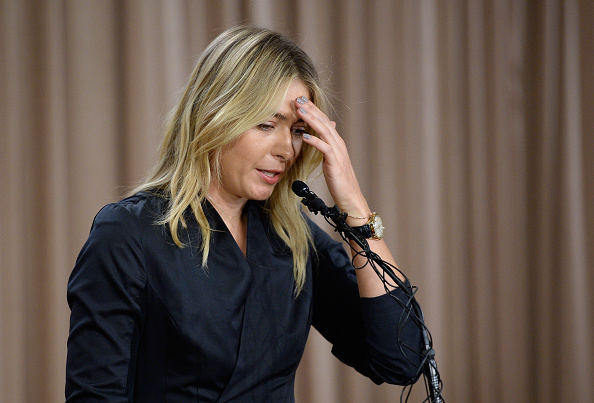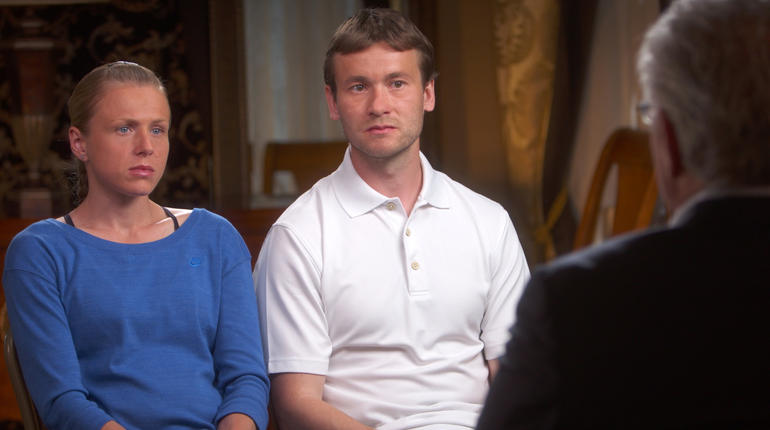When history writes the story of the drama that enveloped the question of what to do about the Russians for the 2016 Rio Games, the imperfect compromise issued Sunday by the International Olympic Committee will come to be seen for what it truly is: a marker for the ongoing vitality and relevance of the Olympic movement in every corner of the world. Make no mistake. The IOC made — mostly — the right call in seeking to balance individual rights against collective responsibility.
If this decision had gone the other way, if the IOC had imposed a wide-ranging ban on the Russians, there very well may have erupted an existential threat to the Olympic movement.
This is not to layer exaggeration or extra intrigue onto a situation that already has generated enormous controversy.
Rather, the mob that has largely looked past the precious value of individual justice in calling for collective responsibility failed, and hugely, to account for the peril inherent in such a decision for the present and the future of the Olympic enterprise.
The Russians, however, keenly understood. And they kept saying so — no matter the smugly furious, self-righteous echo chamber banging for wide-ranging sanction.
The IOC listened. It understood, and keenly.
To emphasize:
There is nothing wrong with that. Indeed, there is a lot that is right.
In ruling that the international sports federations hold the responsibility to decide whether the Russians could come for each of the roughly two dozen sports on the Olympic program, the IOC underscored not only the place of each and every person in the world but, as well, the possibilities inherent in empowering humanity to effect one-to-one change.
When everything else is stripped away, that is what the Olympics are all about. That is why the modern Olympic movement, a project born in the late 19th century, can still matter in our 21st-century lives.
“Every human being is entitled to individual justice,” IOC president Thomas Bach said after Sunday’s meeting of its policy-making executive board.
Almost immediately, the tennis and equestrian federations released announcements saying to the Russians, see you soon in Brazil. The judo federation put out numbers that made plaln a rigorous testing program aimed at each and every one of the 389 athletes from 136 countries who have qualified for Rio 2016.
Sheikh Ahmad al-Fahad al-Sabah, head of the Assn. of National Olympic Committees, said the organization “commends the IOC for favoring individual justice over collective responsibility and giving international federations responsibility to ensure clean competitions in their sports at Rio 2016.”
Life is not binary. It is not black and white, yes or no, a collection of 1s and 0s. Life is made up of shades of grey, and nuance, and compromise — especially in the pursuit of both a practical reality and a noble ideal.
Life is better when we — the collective we — are not implementing blanket action against a group of people. This is a basic of history. And the Olympic movement is, at its essence and at its best, not about being moralistic or sanctimonious. It appeals to our better selves.
As Anita DeFrantz, the long-serving IOC representative to the United States who sits on the executive board, said Sunday afternoon, “It takes courage to do the right thing.”
Even if it is imperfect.
Life is imperfect, you know? The Olympic scene is an imperfect vessel for our hopes and dreams.
The important part: the IOC action likely paves the way for most Russian athletes to march behind the Russian flag at the opening ceremony on August 5.
At the same time:
The IOC said the whistleblower Yulia Stepanova — a middle-distance runner who along with her husband, Vitaly Stepanov, sparked the controversy by alleging state ties to doping — is not eligible to run in Rio. There simply isn’t a vehicle to permit a “neutral” athlete to take part, the IOC said, and that’s true. It’s a fundamental that athletes compete as national representatives at a Games.
Except that there will be a “refugee team” in Rio made up of athletes from different countries.
And, perhaps more important, the symbolism of having Stepanova on the Rio track would have gone far in promoting the notion that anyone and everyone has to speak up when something might be amiss; overcoming the culture of keeping silent has proven a significant challenge in the anti-doping campaign.
Also, the IOC said that any Russian athlete who has ever done time for doping is ineligible for Rio. This misplaced notion is the 2016 version of what in Olympic jargon is called the “Osaka rule,” a notion advanced by none other than Bach nine years ago, when he was IOC vice president. It sought to ban a doper from the next edition of the Games on top of however many years he or she got in sanction.
The Swiss-based Court of Arbitration for Sport said, no dice — the Osaka rule amounted to double punishment.
The IOC, and the president, know all of this. A recent reminder: the case of South Korean swimmer Park Tae Hwan, a 2008 and 2012 medalist who tested positive in 2014 for testosterone and got 18 months. The Korean Olympic committee tried to tack on another three years. No go.
The Osaka rule could have been incorporated in the version of the World Anti-Doping Code that took effect this past January 1. But no. Instead, the code now calls for a standard doping ban of four years instead of two.
It’s now up to an individual Russian, if he or she wants, to go to CAS to challenge the IOC move regarding eligibility after a prior ban. There should be a rush to the proverbial courthouse steps; any such case would be a slam-dunk winner; all the IOC is trying to do is effect an end-around a play that already has been shut down.
More: the assertion that no already-served Russians can go — even though athletes from other countries who have served doping bans can, and will, be in Rio — cuts directly against the very thing the IOC sought Sunday to preserve: in Bach’s words, “individual justice.”
The remaining problematic element is the ban imposed on Russia’s track and field team by the IAAF, track’s governing body. It stands.
As Alexander Zhukov, the president of the Russian Olympic Committee, noted as part of a lengthy presentation Sunday to the IOC board:
“… We can never accept a decision that allows any international federation to legally force athletes to move from their native country in order to train abroad, so they can participate in international competitions. This contradicts basic human rights and essential freedoms. And it strays very far from the real anti-doping fight.”
This will be part of the historical legacy. And it won’t be pretty.
Sergey Shubenkov, the Russian champion in the 110-meter hurdles at last year’s world championships — “an absolutely clean one,” Zhukov asserted — can’t run in Rio. His mother, heptathlete Natalya Shubenkova, missed the 1984 Los Angeles Games because of the Soviet-led boycott, reprisal for the U.S.-led action against the 1980 Moscow Games.
“Now his dream is ruined and this ruin is dismissed,” Zhukov said, “simply as an ‘unfortunate consequence.’ ”
This, of course, is a reference to the answer given last Monday by Canadian law professor Richard McLaren when, in making public his World Anti-Doping Agency-commissioned inquiry into accusation of state-sanctioned doping in Russia, he was asked about guilt by association.
In 1980, the Australian IOC member R. Kevan Gosper supported the U.S.-led Moscow boycott. He says now he “wouldn’t have made that decision.” A silver medalist in track and field, Gosper served as an IOC member from 1977 to 2013 and retains considerable influence.
The McLaren Report allegations, Gosper said, make for a “very, very serious problem.” Even so, given the IOC’s turbulent history, in partiular the 1980 and 1984 Los Angeles Games boycotts, Gosper said, “To take a collective decision against Russia in a world that is very uncertain, I think, would be very wrong.”
This is what the Russians kept saying.
The president of Russia, Vladimir Putin himself, in a statement released last week by the Kremlin:
“Today, we see a dangerous return to this policy of letting politics interfere with sport. Yes, this intervention takes different forms today, but the essence remains the same; to make sport an instrument for geopolitical pressure and use it to form a negative image of countries and peoples. The Olympic movement, which is a tremendous force for uniting humanity, once again could find itself on the brink of division.”
The former Russian leader, Mikhail Gorbachev, who wrote a letter last week to Bach that said, in part:
“The principle of collective punishment is unacceptable for me. I am convinced that it contradicts the very culture of the Olympic movement based on universal values, humanism and principles of law.”
Zhukov’s presentation to the IOC board cautioned against what he called a “rush to judgment.” He said:
“Please allow me to begin by saying that I understand you will make today a fateful decision, which will determine the fate of not only Russian sport, but also of the international Olympic movement, of our Olympic family.
“The recent events have caused a significant split to open in the world of sport. We must remain united in our efforts to ensure integrity, united against the pressures that aim to replace constructive unity with destructive confrontation.”
Nearing the close of his remarks, he said:
“I urge you to consider this case independently of the mounting pressure from certain nations to issue a collective ban in relation to Olympic Team Russia.
“The calls for Russia to be banned from Rio 2016, before the McLaren Report was even published, clearly demonstrate that this goes beyond sport.
“I therefore urge you not to fall victim to geopolitical pressure.
“You can all be confident that Russia will change for the better and Russian sport will emerge cleaner.
“But that can only happen through engagement.”
Precisely.
Not through a far-reaching ban.
In noting “certain nations,” make no mistake about which nations those might be.
The calls for a ban, spun up by the U.S. Anti-Doping Agency in particular, beg fundamental questions about its role: Is USADA supposed to engage in such lobbying? Or Is it merely a provider of services — if you will, a contractor?
Too, the hypocrisy of certain political leaders in reacting to the IOC’s decision Sunday could not be more evident. The U.K. sports minister, Tracey Couch, said the “scale of the evidence arguably pointed to the need for stronger sanctions.”
This makes for empty rhetoric if not unintentional comedy — coming from a country where the government announced earlier this year it was cutting its 2016-17 contribution to WADA by roughly $725,000.
As for no-question irresponsibility — the Daily Mail reported late Saturday that the entire Russian team would be banned.
For a while, that Daily Mail story was the No. 1 story sweeping Reddit.
Oops.
And then there was the New York Times, in its reporting Sunday, saying the IOC move “tarnished the reputations and performance of all Russian Olympic athletes” while serving as a “strong affirmation” that Russia had cheated “under government orders.”
History will tell if that’s anything more than journalistic bravado — if ever the allegations delivered by Mr. McLaren lead to testimony under oath and thorough cross-examination of all the principal actors.
In the meantime:
No matter the circumstance, and especially in this one, groupthink can prove very, very dangerous. Turning toward reason and away from emotion, the way the IOC did Sunday, is almost always a way better option.
As Bach put it, “An athlete should not suffer and should not be sanctioned for a system in which he was not implicated,” adding, “This is not about expectations. This is about doing justice to clean athletes all over the world.”
Even if justice is, as history teaches, often imperfect.


